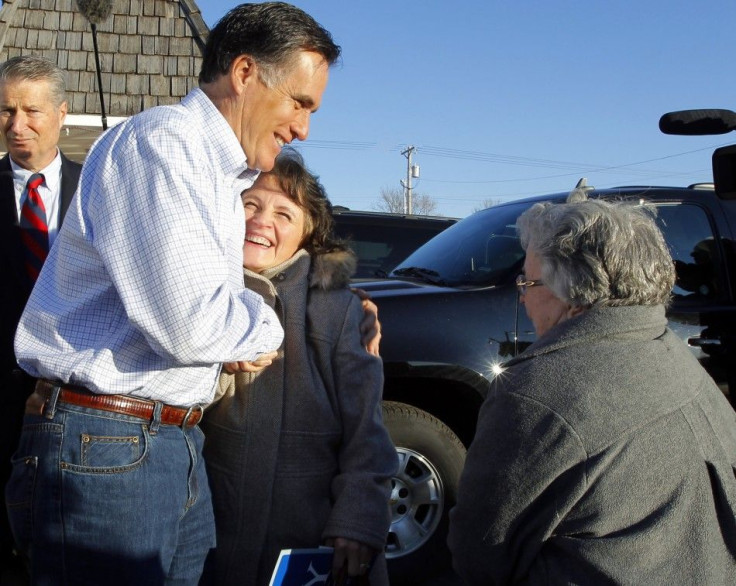Presidential Election 2012: What To Look For In Iowa

Iowa is yet another state that was once a Republican stronghold, but has gone to the Democratic nominee in five of the last six presidential elections.
It took on monumental importance for Barack Obama in 2008: His victory over Hillary Clinton and John Edwards in the Iowa caucuses set him on course for the Democratic nomination, and in the fall he carried the state by a 9.5 percent margin.
On Election Eve, the race in the battleground state is too close to call, with the most recent polls showing Obama either barely leading or tied with his Republican challenger Mitt Romney. While a wide early voting disparity in the Democrats' favor was seen after the state began taking absentee ballots in September, in October The Des Moines Register reported that edge was beginning to even out.
But even though the newspaper stated the GOP was gaining an advantage among absentee voters, noting requests from Republicans had eclipsed Democrats for 10 days in a row, it also reported the votes cast by Iowa Democrats had surpassed 2008 numbers.
More Democrats have taken advantage of Iowa’s early voting period, with 42 percent of those voters, compared to the 32 percent by Republicans. As is the case with a majority of early voting states this year, in Iowa Democrats are currently performing better than they did in 2010 midterm elections (when Democrats led by 6 points) but worse than 2008 (when they won the early vote by 18 points).
Four years ago, Obama received fewer votes than his rival Sen. John McCain on Election Day, but still won the state because of the early votes he had banked beforehand.
The Des Moines Register, whose editorial pages endorsed Obama in 2008, notably reversed its support to endorse Romney this year, the first time it has backed a Republican in decades.
Steffen Schmidt, a professor of political science at Iowa State University, said the suburban neighborhoods surrounding Des Moines and Cedar Rapids will likely determine whether Obama or Romney takes the state.
“The true independents don’t lean toward one party or another, and they have an open mind about which candidate to support,” he said, noting that there are higher concentrations of what he calls “true independents” in suburban areas. “The problem is they’re not always reliable voters. If they haven’t yet made up their minds, they might not vote at all.”
© Copyright IBTimes 2024. All rights reserved.





















